Press Release
Australia has 99 problems, but "wild dogs" aren't one
31 March 2021: New DNA evidence indicates that a staggering 99% of the animals Australian authorities label “wild dogs” are dingoes. The findings have reignited calls to urgently remove them from government kill-lists and initiate an immediate moratorium on lethal control programs.
A groundbreaking study led by researchers at the University of New South Wales and published this week in Australian Mammalogy has conclusively demonstrated that nearly 100% of all animals labelled “wild dogs” are genetically identifiable as dingoes. The findings follow a similar 2019 study and represents the latest in a growing library of research presenting a potential PR nightmare for ongoing control programs, many of which explicitly target “wild dogs”.
Despite being first described as a species in 1793, many jurisdictions use the terms “wild dog” and “dingo” interchangeably. The recently revised “National Wild Dog Action Plan”, a blueprint for control designed by a consortium of livestock peak bodies and replicated in all states except Tasmania, defines a “wild dog” as “all wild-living dogs which include dingoes, feral dogs and their hybrids“. The plan was developed by the sheep and livestock industry and, in light of data indicating its key targets are dingoes (not “wild dogs”), its contents represent an attempt to strategically massage public perception in order to fund lethal control programs. This includes the production, preparation and purchase of 1080-laced baits.
The “wild dog” disinformation campaign, led first and foremost by the Australian wool industry, has been strategically crafted and carried out for two key reasons: to provide justification for ongoing lethal control and to create the necessary conditions giving these programs the social license they require in order to operate.
It’s time policymakers recognised that the short-sighted and often cruel ways we’ve tried to control predators in the past has had a hand in causing the ecological crises we’re facing today.
Dingoes do deserve better, because they are essential in the Australian ecosystem, but so too do every other animal currently targeted with 1080 poison. Prohibitions on poisoning 99% of all wild canids should be put in place immediately, but that doesn’t excuse continuing to be cruel to the remaining 1%.
– Alex Vince, campaign director
Dingoes were among the first Australian species to be targeted with lethal control in a strategic manner. Soon after European invasion, the mass killing of dingoes became a sport. Dingo hunting clubs were formed and bounty systems based on those previously imposed on the Tasmanian Tiger were soon initiated. Trappers were (and continue to be) paid a small dividend for killing and scalping dingoes. In NSW, the systematic and organised killing of dingoes can be traced to an 1852 Act crafted to “Facilitate and Encourage the Destruction of Native Dogs”. In 1902, this Act would be consolidated to include the strategic dropping of poison-laced baits. Baiting using 1080 poison, a chemical in the same restricted class as other infamous toxins like arsenic and cyanide, continues to this day.
Historically, our treatment of dingoes is remarkably similar to the persecution other apex predators have experienced elsewhere in the world. Many of their populations are declining dramatically. Some have gone extinct.
Like American wolves once were, dingoes in Australia are simultaneously admired and reviled. They have been subjected to violent rhetoric and strategic persecution campaigns for decades.
This new data is a nail in the coffin of all industries relying upon misleading rhetoric simply so they can adopt the easiest answer: widespread baiting over responsible animal husbandry. It’s the evidence we need to push for a far better national policy – one that truly protects dingoes.
This means immediately ending all baiting programs targeting “wild dogs”, including those led by the NSW National Parks and Wildlife Service and its interstate equivalents, and an immediate suspension of all funding towards any programs initiatives intending to finance the killing of dingoes.
A petition calling for a moratorium on 1080 baiting currently has over 17,000 signatures.
The Coalition plans to present the petition to Minister for the Environment when the target is reached.

